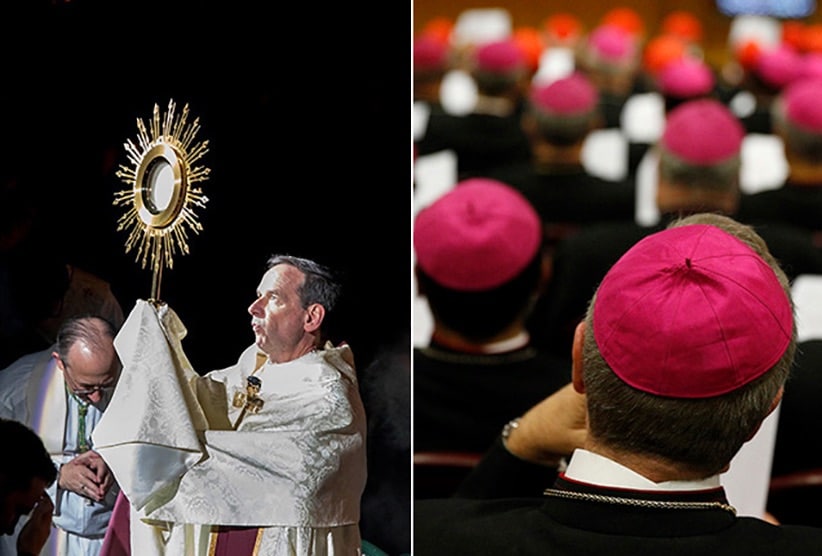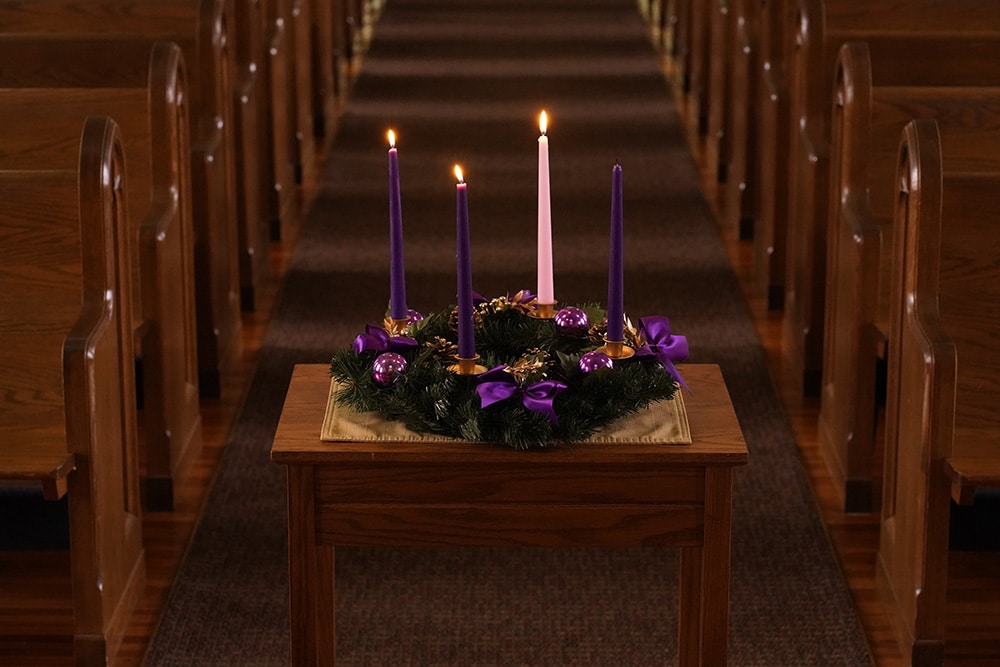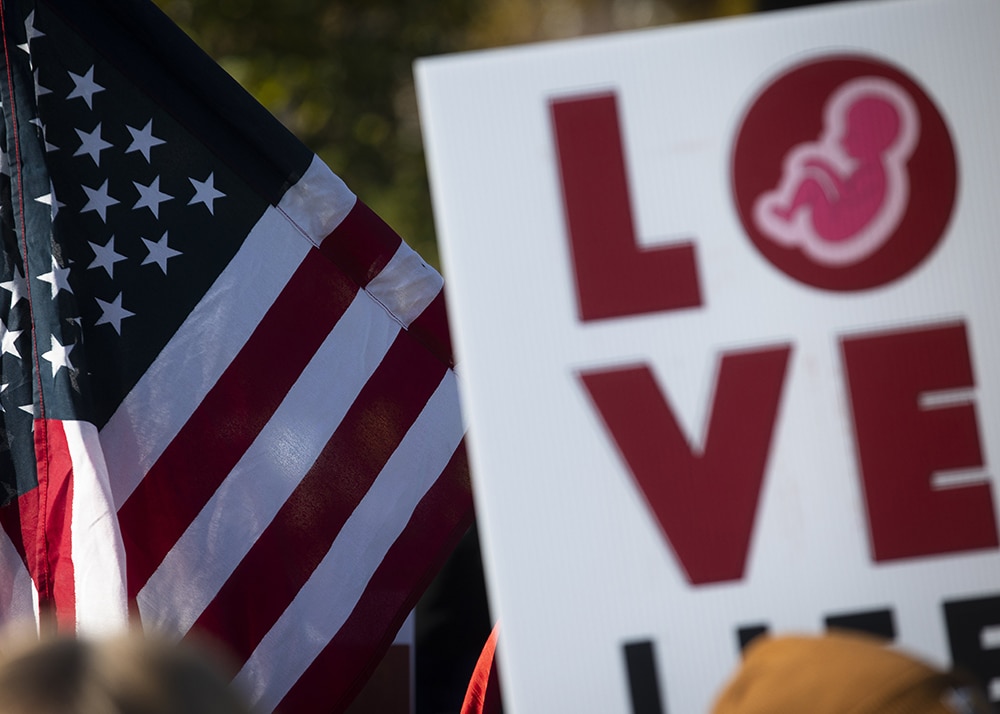Two specific and important movements will be taking place within the Church in the United States during the next few years: the National Eucharistic Revival, a three-year process of growing closer in relationship with Jesus in the Blessed Sacrament; and, on a global scale, the Synod of Bishops on synodality, a two-year process of communion, participation and mission that invites everyone, especially those on the margins, to express themselves and be heard.
The Eucharistic Revival begins June 19, 2022, and has as a highlight a National Eucharistic Congress in Indianapolis in 2024. The synod on synodality kicked off this past October, and is scheduled to end in October 2023 with an ordinary Synod of Bishops in Rome.
Without a doubt, it will be a busy few years for the Church. Both initiatives involve a grassroots process that invites participation at the parish and diocesan levels before expanding to a national and international stage. With the two movements happening at once, Catholics have a unique opportunity to grow spiritually in relationship with the Eucharistic Lord and in communion with one another and the wider Church. The question is: Will we embrace it?
With polarization and politicization rampant in today’s Church, the danger of the two initiatives being divided down ideological lines is real. “Conservatives” may feel drawn to participating in the Eucharistic Revival but be skeptical of the focus on synodality. “Progressives” may be eager to welcome a more “listening Church” but be less inclined to put time and resources into an effort promoting a pious devotion to the Eucharist. These are rough generalizations, but the divisions already present within the Church make them a concerning possibility.
The best approach, of course, is a whole Church approach — one that embraces the opportunities to learn from a lengthy exercise in synodality, and one that takes advantage of a chance to rekindle one’s love of and belief in the real presence of Jesus Christ in the Eucharist. Presentations and talks at the recent assembly of bishops in Baltimore were effective at communicating the benefits to be reaped from each initiative — even on addressing the divisions present in our country and our Church.
“I believe that synodality is an answer to the challenges of our time and to the confrontation, which is threatening to divide this country, and which also has its echoes in the Church,” said Archbishop Christophe Pierre, apostolic nuncio to the United States. “It seems that many are unaware they are engaged in this confrontation, staking out positions, rooted in certain truths but which are isolated in the world of ideas and not applied to the reality of the lived faith experience of the People of God in their concrete situations.”
The synod on synodality, Archbishop Pierre said, is a God-driven, mission-driven process of recognizing challenges faced by Catholics today, and interpreting and judging experiences in the light of faith. “By undertaking a synodal process, we develop a mindset essential to common apostolic discernment: listening and engaging reality,” he said.
The Eucharistic Revival, in its own right, is a chance for the Church to encourage its members to nurture or even rekindle their love of the Eucharistic Lord — a love that, according to recent data, has waned for a substantial number of Catholics. The ultimate vision is a “movement of Catholics across the United States, healed, converted, formed, and unified by an encounter with Jesus in the Eucharist — and sent out in mission ‘for the life of the world,'” Bishop Andrew H. Cozzens of Crookston, Minnesota, presented to the bishops in November. It’s a noble vision, and one that has the potential of enriching Catholic spirituality in a much-needed way in our country. “Right now, the Church in the United States needs the healing and the unity that can flow from rekindling our love for the Eucharist,” Bishops Cozzens said in June.
As we look ahead to the next few exciting years, we believe Catholics will benefit greatly by wholeheartedly embracing both initiatives for the good of the whole Church. We encourage active engagement in both the synod on synodality and the Eucharistic Revival. And we pray for a Church that is at once open to the working of the Holy Spirit and rooted in the truth of Jesus Christ, truly present in the Eucharist.
Our Sunday Visitor Editorial Board: Gretchen R. Crowe, Scott P. Richert, Scott Warden, York Young







